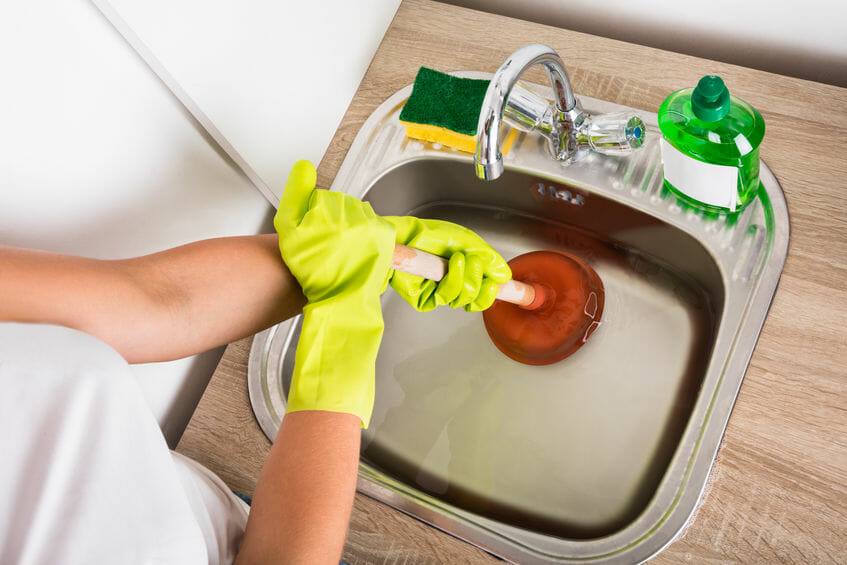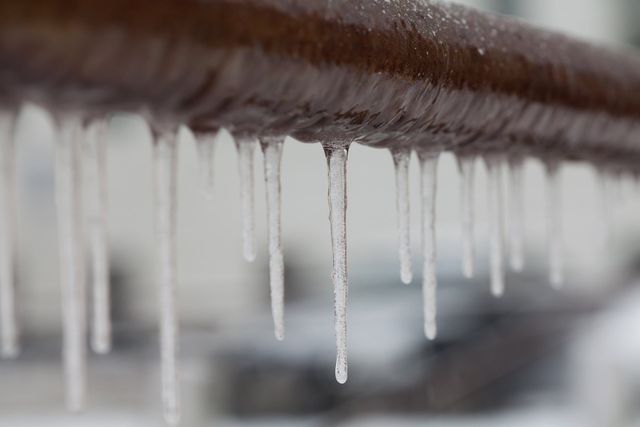Presented here down the page you might get a bunch of excellent data all about How to Prevent Frozen Pipes.

All house owners who live in warm environments have to do their finest to winterize their pipelines. Failure to do so can lead to catastrophe like frozen, split, or ruptured pipes.
Switch on the Faucets
When the temperature level decreases as well as it appears as if the icy temperature will certainly last, it will assist to turn on your water both inside your home and also outdoors. This will keep the water moving via your plumbing systems. You'll finish up throwing away gallons of water this means.
Open Cupboard Doors Hiding Plumbing
It would certainly be practical to open up cupboard doors that are concealing your pipes when it's cool outside. They can be someplace in your kitchen area or shower room. This will certainly permit the warm air from your heating system to distribute there. As a result, you avoid these exposed pipes from cold. Doing this little method can keep your pipes warm and limit the possibly unsafe results of freezing temperatures.
Take Some Time to Wrap Exposed Piping
One simple and also clever hack to warm up freezing pipelines is to cover them with warm towels. You can cover them first with towels. After safeguarding them in place, you can put boiling water on the towels. Do it gradually to let the towels soak up the liquid. You can additionally utilize pre-soaked towels in hot water, simply do not neglect to wear protective gloves to secure your hands from the warmth.
Attempt a Hair Dryer or Warmth Weapon
When your pipes are almost freezing, your dependable hair dryer or warm weapon is a godsend. If the warm towels do not assist remove any kind of settling ice in your pipelines, bowling hot air directly right into them might assist. However, do not make use of other objects that generate direct fires like a strike lantern. This can result in a bigger disaster that you can not control. You may wind up destructive your pipes while attempting to thaw the ice. And over time, you may also wind up melting your home. So be cautious!
When Pipes are Frozen, shut Off Water
If you discover that your pipelines are totally icy or almost nearing that stage, turn off the major water valve right away. You will normally discover this in your cellar or laundry room near the heating system or the front wall surface closest to the street. Transform it off right now to stop further damages.
With even more water, more ice will load up, which will ultimately lead to rupture pipelines. If you are uncertain concerning the state of your pipelines this winter, it is best to call an expert plumber for an assessment.
All house owners that live in temperate environments should do their ideal to winterize their pipelines. Failure to do so can lead to calamity like icy, split, or ruptured pipelines. If the hot towels do not assist remove any kind of resolving ice in your pipelines, bowling hot air directly into them might aid. Turn off the major water shutoff instantly if you observe that your pipelines are entirely icy or nearly nearing that phase. With more water, even more ice will certainly pile up, which will ultimately lead to break pipes.
PREVENT YOUR PIPES FROM FREEZING THIS WINTER
A Leading Cause of Property Damage
When the weather is taking a deep nose dive into the cold dreary days, the risk of your pipes freezing and potentially bursting skyrockets. Unfortunately, during these cold dreary months, burst pipes are the most common denominator for property damage. The pipes that are most at the risk are those that are in areas where it is most cold in your home. For instance, pipes located in interior places such as basements, attics, and your garage. Unfortunately, that doesn’t mean that the pipes running through your cabinets or exterior walls can’t freeze. Good news, however, is that you can do things to help prevent pipes from freezing.
How to Prevent Pipes From Freezing
Once the temperature starts to drop during the winter, you should be taking the proper measures needed to ensure that your pipes stay warm and that there is circulation of water through them. Some steps that experts may recommend could go against your better judgement when it comes to saving water and heat. However, it would go without saying that when expenses are compared, damaged pipes could put a bigger dent in your wallet than a water bill.
What Can I Do?
Keep your garage door closed. This is very important, especially if you have water supply lines running through your garage. Open your kitchen and bathroom cabinets to allow warm air to circulate through them. Allow air circulation throughout your home. Keeping the interior doors open will once again allow the warm air to circulate inside your home. Ensure your thermostat is running the same temperature throughout the night and day. If you plan to be away from home during the cold months, set your temperature no lower than 55° F. This should provide enough heat to keep the pipes warm and prevent any remaining water inside the pipes from freezing. For more of a long-term solution, add insulation to attics, basement, and other crawl spaces around your home. By allowing your faucet to drip, it will alleviate pressure in the system. This is important because the pressure that is created between the blockage and the faucet can potentially cause the pipes to burst. Allowing the faucet to drip will prevent the pressure from building up, therefore keeping the pipes from bursting. Seal any cracks, openings, and crawl spaces around your home to prevent cold air from coming inside. This keeps your pipes-not to mention your home-warmer and less susceptible to issues caused by freezing temperatures. For the pipes in your home that are easily accessible, applying electrical tape to them might prevent them from freezing over. This is a quick fix, as you can apply the tape directly to the pipe. There are two options for heating tapes. One turns on and off by itself when it senses heat is needed. The other type of heating tape needs to be applied when heat is needed and removed when not necessary. If you have exposed pipes in your home, you can check this website to take a look at a few options that would be available at a shop near you.

We had been shown that write-up about Prevent Freezing and Bursting Pipes through a friend on our other blog. In case you enjoyed our blog entry please be sure to share it. Many thanks for taking the time to read it.
Fast relief, just a call.